Finland’s EU decision-making has been seen as progressive because the Finnish Parliament takes part in shaping EU positions and is being widely informed about EU legislation processes. Parliament’s EU documents are also openly available.
However, the Finnish government’s national preparatory phase is not transparent. Even in Parliament, EU-related matters are mainly discussed by committees behind closed doors, rather than in plenary sessions.
As a result, information on Finland’s EU legislative process is often openly available only when the government presents Parliament with the country’s position on the European Commission’s draft legislative proposals.
“It is difficult for the public to follow Finland’s positions and its participation in the EU legislative process. This is why Finland could also consider open consultations in EU decision-making, as is done in the European Commission,” says Sitra’s President Jyrki Katainen.
These views are based on Sitra’s new study How EU legislation is decided in Finland? This takes a closer look at the EU legislative process in Finland and how people can influence it. As a considerable part of Finland’s legislation is based on decisions taken by the EU, it is crucial for a democracy to ask what opportunities the public has, to be involved in EU decision-making.
Finns can generally influence the EU mainly in two ways: either directly through the European Parliament’s and Commission’s participation channels, or by influencing the formation of national positions when Finland, as a member state, participates in EU legislation. The study focuses especially on surveying Finland’s national process and the scope to influence that.
“There’s a general perception that Finland is a model country of openness, while the EU is a closed system. But our study shows that the EU is making many efforts to increase the transparency of decision-making, whereas Finland’s EU legislative process is surprisingly closed,” says Lea Konttinen, Sitra’s Senior Lead and one of the authors of the study.
At EU level, legislative progress can be followed online, the public can participate in hearings and the work of the European Parliament’s committees is open. The EU, where a Transparency Register was introduced in 2011, is also thus far more transparent than Finland when it comes to lobbying.
In addition, EU has just completed the Conference of the Future of Europe, where EU citizens’ voices were heard during 2021–2022.
Finland’s EU legislative process does not sufficiently support advance influencing
In addition to shortcomings in participation and transparency, the study shows that Finland does not strongly influence the EU agenda at an early stage. Formal influencing mainly happens only when legislative proposals are being processed.
“Advance influencing is more person-dependent than co-ordinated. There are no structures for joint initiatives by Parliament and government to shape the EU agenda. As a result, there is also a lack of transparency on how influence is exerted,” explains researcher Laura Nordström, the main author of the study.
Four recommendations for developing Finland’s EU legislative process
The study’s recommendations for developing Finland’s EU legislative process are divided into four themes. In addition to transparency and stronger prior influencing, the recommendations emphasise the need to strengthen the role of Finnish Parliament and the use of process data to assist the monitoring and analysis of the legislative process.
The study is based on the modelling of the EU legislative process and process data mining by Sitra and QPR Software experts, interviews with experts and researcher Laura Nordström’s personal experience of working with EU institutions.
A policy brief paper summarizes the findings (in English)
A policy brief paper summarizes the findings and suggestions for development. In addition, the paper presents the methodology of the study, making it possible to replicate it in other EU member states as well.
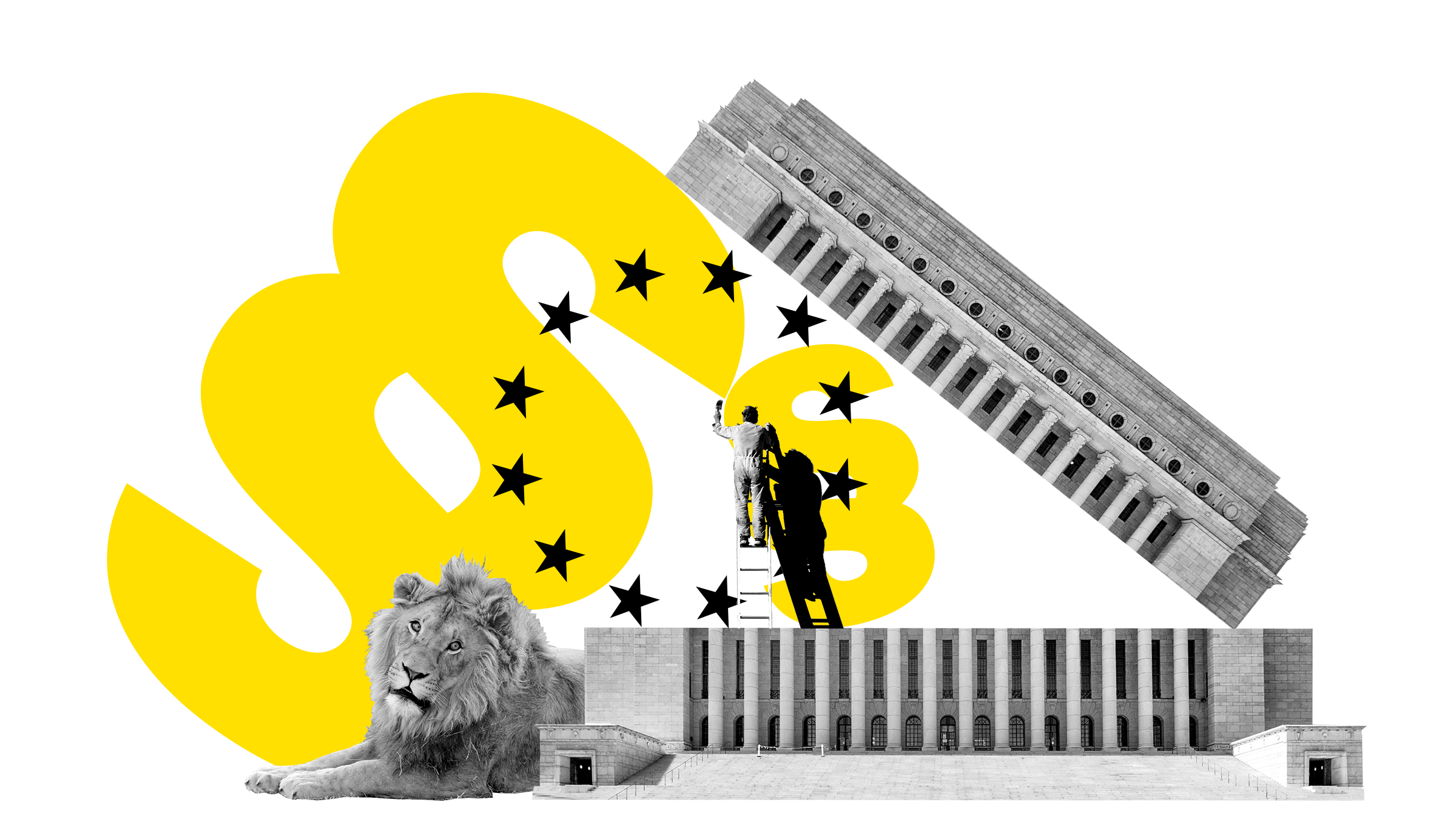





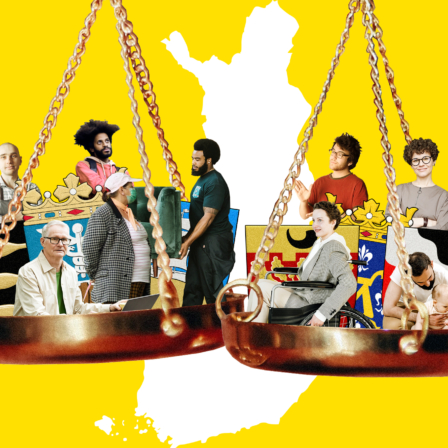

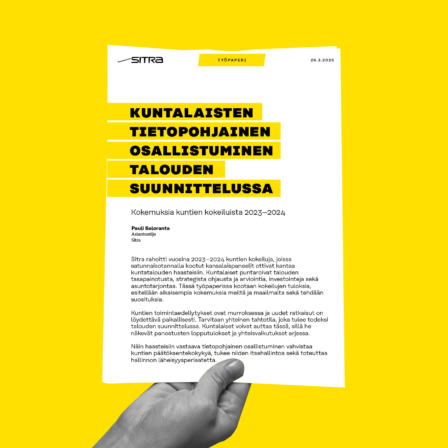


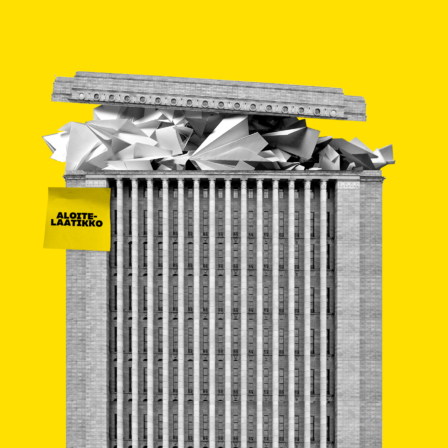

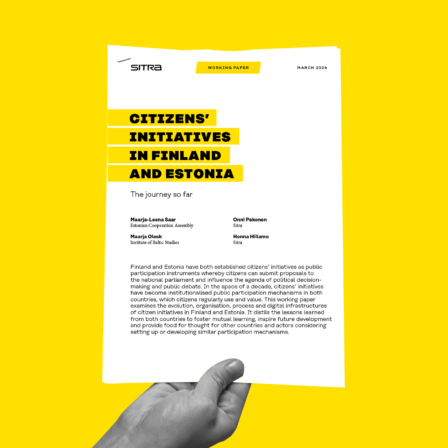
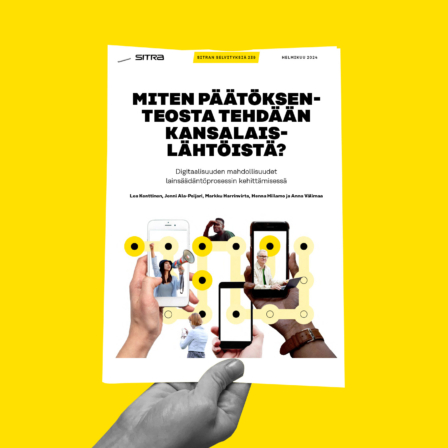
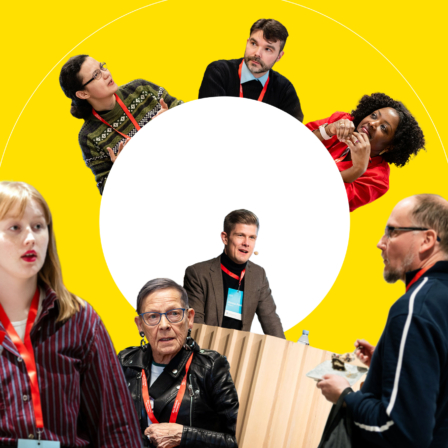


Recommended
Have some more.